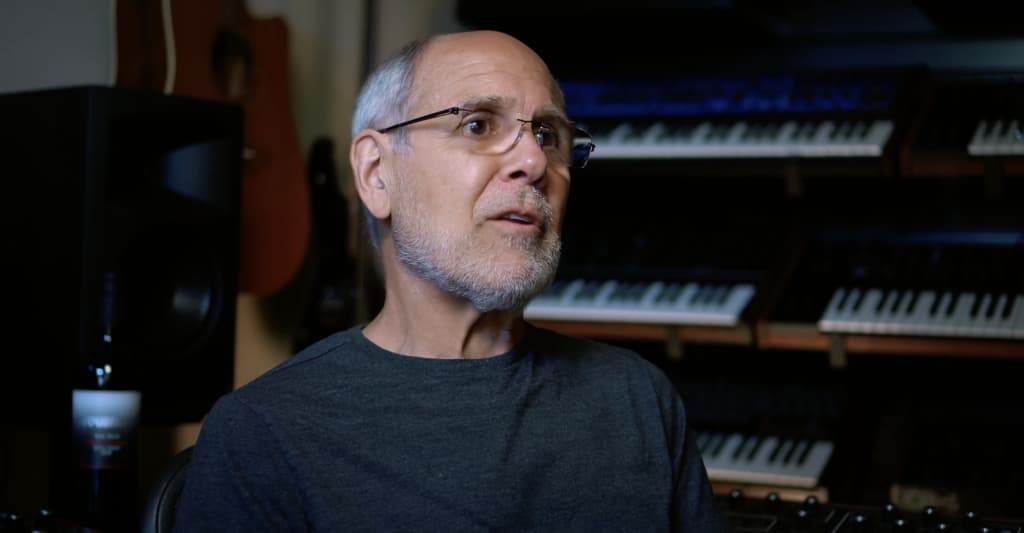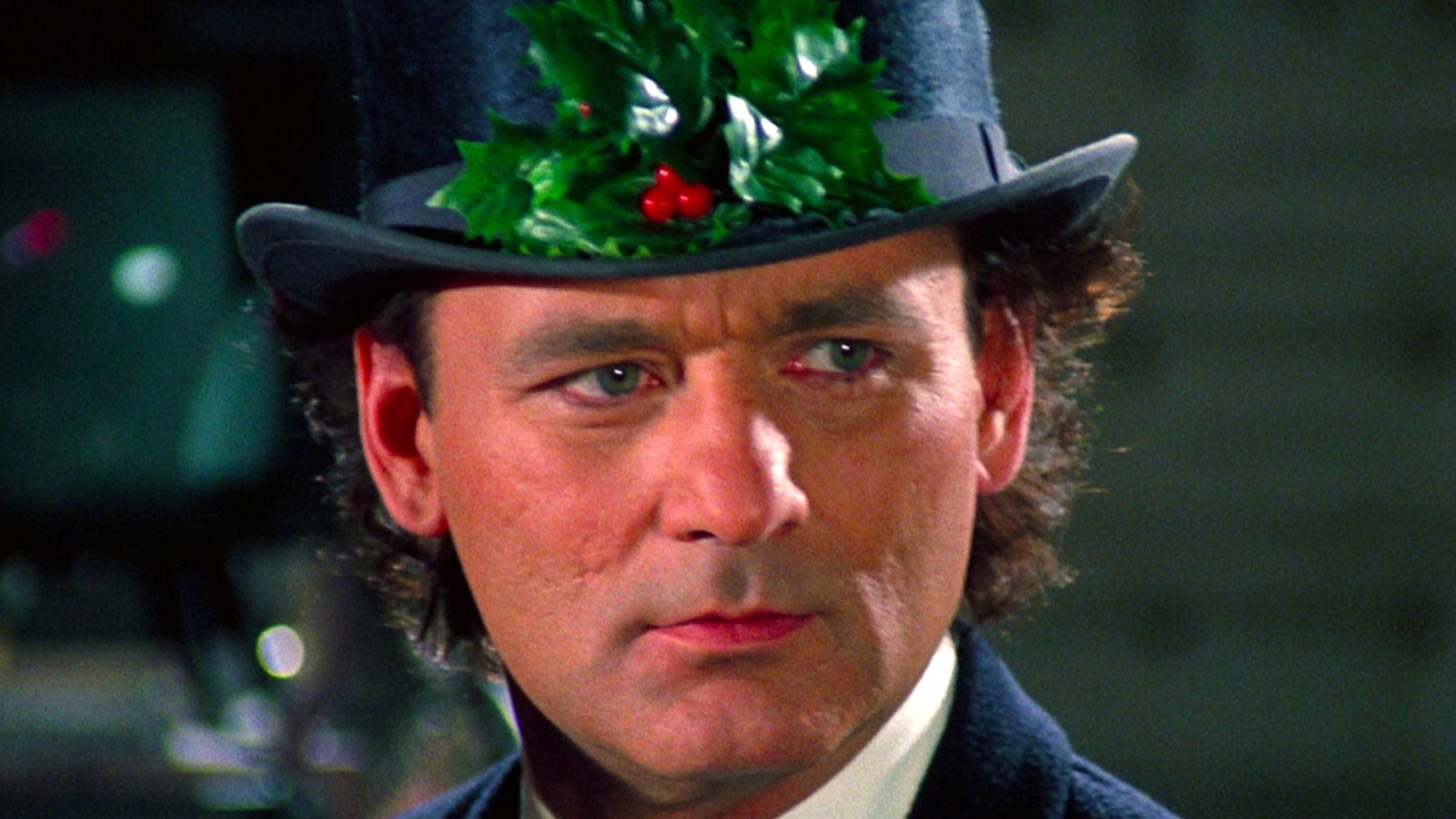#‘Litvinenko’ Review: David Tennant Plays the Poisoned Former Russian Spy in a Plodding Procedural

Table of Contents
‘Litvinenko’ Review: David Tennant Plays the Poisoned Former Russian Spy in a Plodding Procedural
AMC+ and Sundance Now’s Litvinenko and the second season of Netflix’s Last Chance U: Basketball are premiering in the same week, but you can expect that precious few reviews will note that the two shows — one a scripted docudrama and the other an unscripted docuseries — suffer, to different degrees, from a common flaw: If you’re dedicated to actively depicting reality, that can sometimes require accepting, or even embracing, the narrative limitations of reality.
In Last Chance U: Basketball, the return to East Los Angeles College in the aftermath of a year lost to COVID-19 forces coach John Mosley to struggle with finding the soul of a team that needs to replace all of its stars from last season. He bemoans a directionless squad that lacks leadership and cohesion and, for several episodes, that means the season does as well. The line between formlessness and depicting formlessness blurs, and it isn’t until the third or fourth episode that Mosley’s team and the season begin to show signs of clicking.
Litvinenko
The Bottom Line
Admirably accurate, disappointingly dry.
The four-episode Litvinenko, written by George Kay (Lupin) and directed by Jim Field Smith (Truth Seekers), focuses on the saga around Alexander Litvinenko, a former Russian intelligence officer poisoned and killed in London in 2006. It isn’t a story that lacks for juicy dramatic beats — there’s the public ingestion of a radioactive isotope at a chain sushi restaurant, a murder victim issuing declarations while he was still dying and varying levels of international skullduggery. Plus the accused villain is none other than Vladimir Putin.
At the same time, though, the aftermath of Litvinenko’s death stretched across a decade. Whatever detective work or spycraft was involved, the case really hinged on variations in jurisdiction and diplomacy, with more false starts and dead-ends than breakthroughs.
Each 46-minute episode of Litvinenko begins with multiple title cards announcing this as a true story, emphasizing the degree of research, even while acknowledging minor cosmetic alterations to characters and events. Still, the series wants you to know, or at least believe, that this is how things actually went down, and if that means that Litvinenko is dry, choppy and only limitedly satisfying? That, I guess, is the price of fidelity.
The series begins with Alexander “Sasha” Litvineko (David Tennant) arriving home to his wife (Margarita Levieva’s Marina), promptly vomiting blood and being rushed to the hospital. Weeks later, Sasha has wasted away, lost all of his hair and is on the verge of death, when finally detectives Hyatt (Neil Maskell) and Dawson (Barry Sloane) arrive and take his story of poisoning seriously. After Sasha’s death, Hyatt and Dawson and a team of authorities led by Clive Timmons (Mark Bonnar) attempt to follow the trail of the poison and prove that Litvinenko was assassinated and that Russia was directly involved.
Kay’s approach involves very few embellishments or flourishes, even those that might have benefitted the story. It would have been easy, for example, to have used regular flashbacks as a way to keep Sasha in the narrative, but apparently that would have been cheating. So Tennant, the series’ biggest star, appears for an hour, mumbles in a thick semi-Russian accent, looks distressingly like the real Litvinenko in his notorious hospital photographs, and when he’s gone… he’s gone. This is only a spoiler for those who don’t know anything at all about the Litvinenko case, but it feels fair to spoil as much for any Doctor Who or Broadchurch devotees who expect this to be David Tennant’s show, which it very much is not.
But whose show is it, then, if not Tennant’s? That’s harder to decipher. Levieva, familiar from The Deuce, Revenge and possibly from Netflix’s In From the Cold — in which she played the Russian spy — has a superficially meaty role as the grieving widow. The Russian-born actress is infinitely more comfortable with the accent and language work than her Scottish co-star, but other than “grieving widow,” Litvinenko doesn’t have much of an angle on Marina. She was dedicated to achieving some measure of vindication and recognition after her husband’s death, but it’s not like she took any aspects of the investigation upon herself. It’s significant that she pushed the jurisdictional ball up the field, but how do you depict that televisually? Nobody is exactly sure, other than capturing delicate tears falling down her face.
Kay and Smith don’t make much more effort when it comes to humanizing the authorities looking for answers, trusting a number of familiar British television figures to infuse cardboard characters with depth. Again, this would be an easy place for the sort of enhancements to the truth that Kay is avoiding. I think the names of the different investigators actually do align with the real figures in the case, but only Maskell’s Hyatt has any personal details at all. Or detail, rather: Hyatt has a wife who has been having fertility struggles. This pays off in the last five minutes of the series, but otherwise, Maskell plays “earnest concern” for four episodes, with no other hints of personality.
Bonnar, whom folks will know from Catastrophe and Line of Duty, has even less to play; if he makes Timmons wryly inquisitive, that’s only because Bonnar’s instincts as an actor tend toward playing “wryly inquisitive.” None of the other actors stand out as good or bad, just as humorless civil servants doing their duties as best they can.
And that duty? Well, it’s presently dryly and chronologically and truthfully, which happens to be the least compelling way to tell this story. The second episode, smarting a little from Tennant’s abrupt arrival and then absence, loses all momentum, mirroring what was happening in the case as everybody attempted to figure out how to handle it. People opine via genre-standard dialogue like “We follow the poison, we find the poisoner,” but even genre-standard sequences like nervous investigators learning to don HAZMAT suits, amplified by the chirping of a Geiger counter, fail to generate any suspense. What suspense could there even be? What stakes could there even be? That’s where the tears on Levieva’s cheeks come in, again.
The third episode picks up dramatically with a visit to Russia, complete with mind games and veiled threats, but then the final episode is a complete fizzle. In keeping with the real events, the show keeps jumping forward in time — a progression marked exclusively by slight changes to Marina’s haircut — but it never settles either on what will happen if the inquiry/inquest doesn’t advance or what it would mean, other than “justice,” if it does. There’s no build and no illumination, since anything we needed to know about the case was revealed in the previous episode. And although the timeliness of any series featuring Vladimir Putin as the big bad is impossible to deny, it’s also so obvious that it’s hard to know what telling the story, or telling it in this way, adds.
I wonder if Litvinenko might have played better had Smith affected more of a documentary-style aesthetic — something in the vein of HBO’s Chernobyl, a fact-based four-episode story with similar timeliness (and even more people dying from radiation poisoning). That acclaimed series also functioned with a fragmented narrative and without a singular protagonist but, in its comfort with fictionalizing some of the figures involved (and some of the facts), Chernobyl was able to find multiple emotional throughlines. Litvinenko chose not to do that, and I can respect the commitment to exactness over the freedom of looseness. I just can’t fully recommend it.
If you liked the article, do not forget to share it with your friends. Follow us on Google News too, click on the star and choose us from your favorites.
For forums sites go to Forum.BuradaBiliyorum.Com
If you want to read more Like this articles, you can visit our Social Media category.




